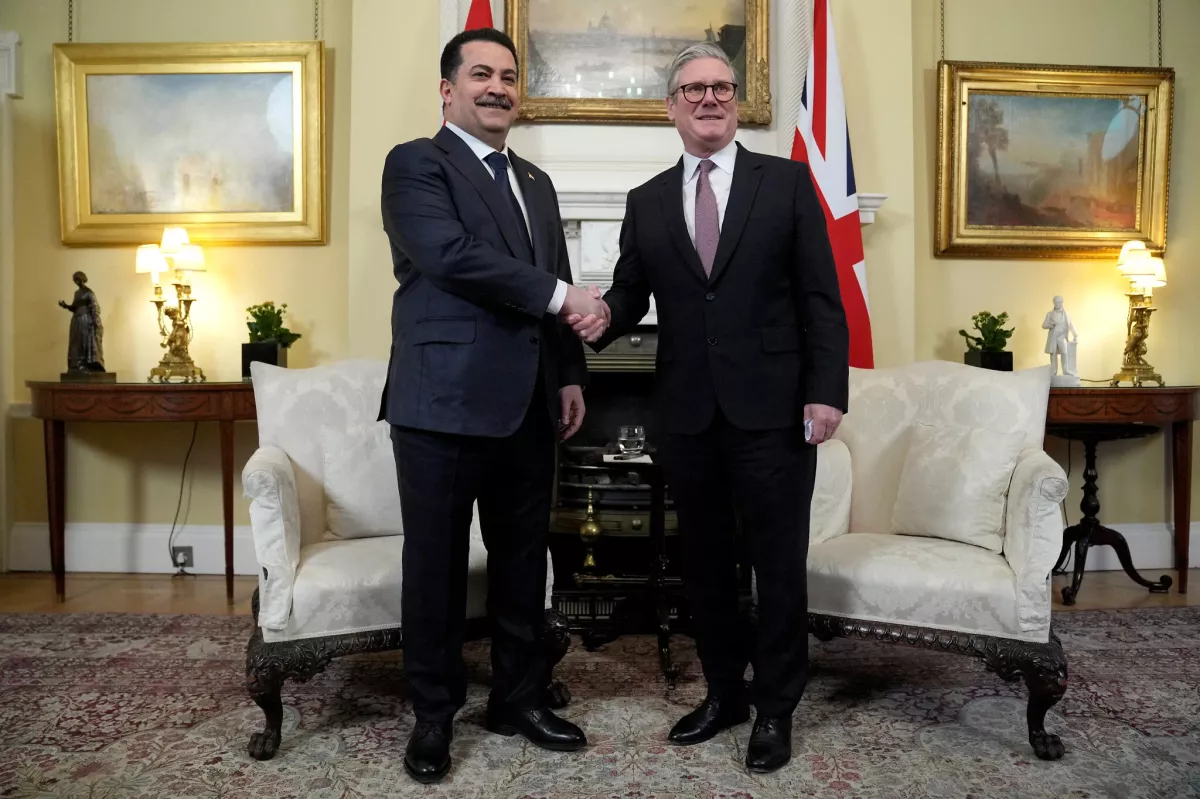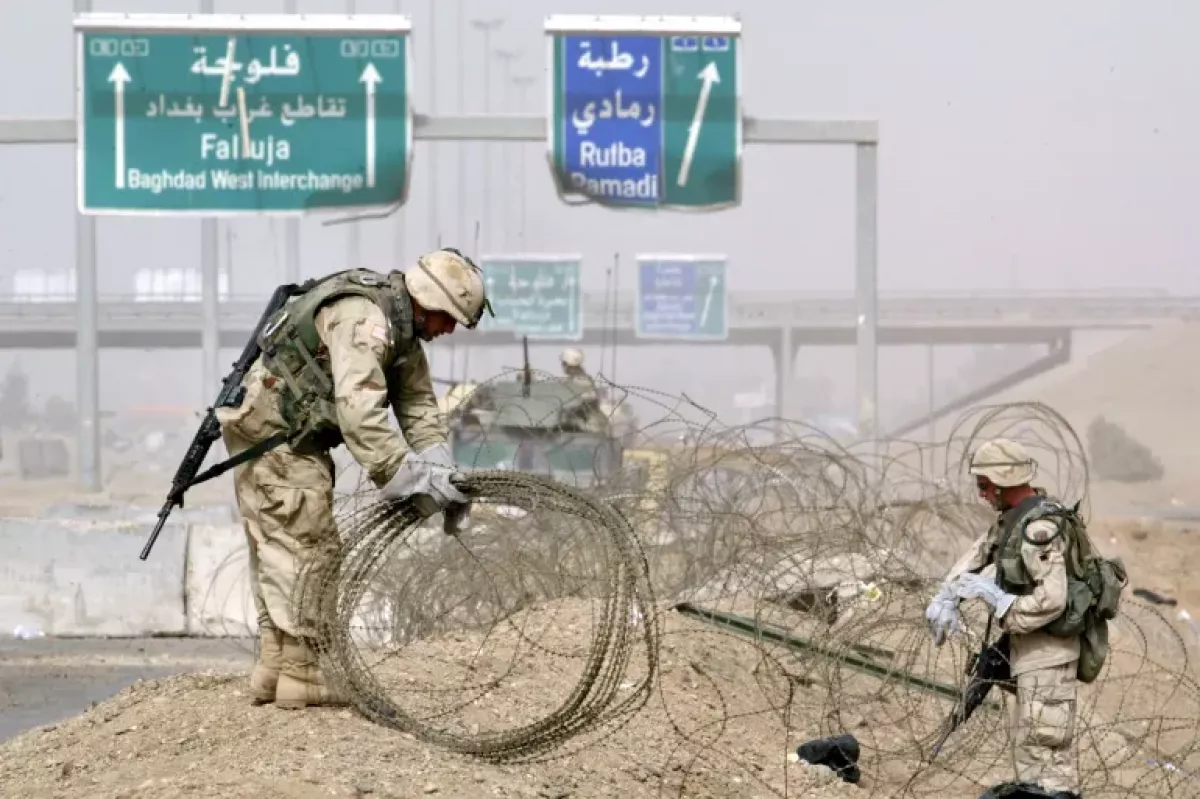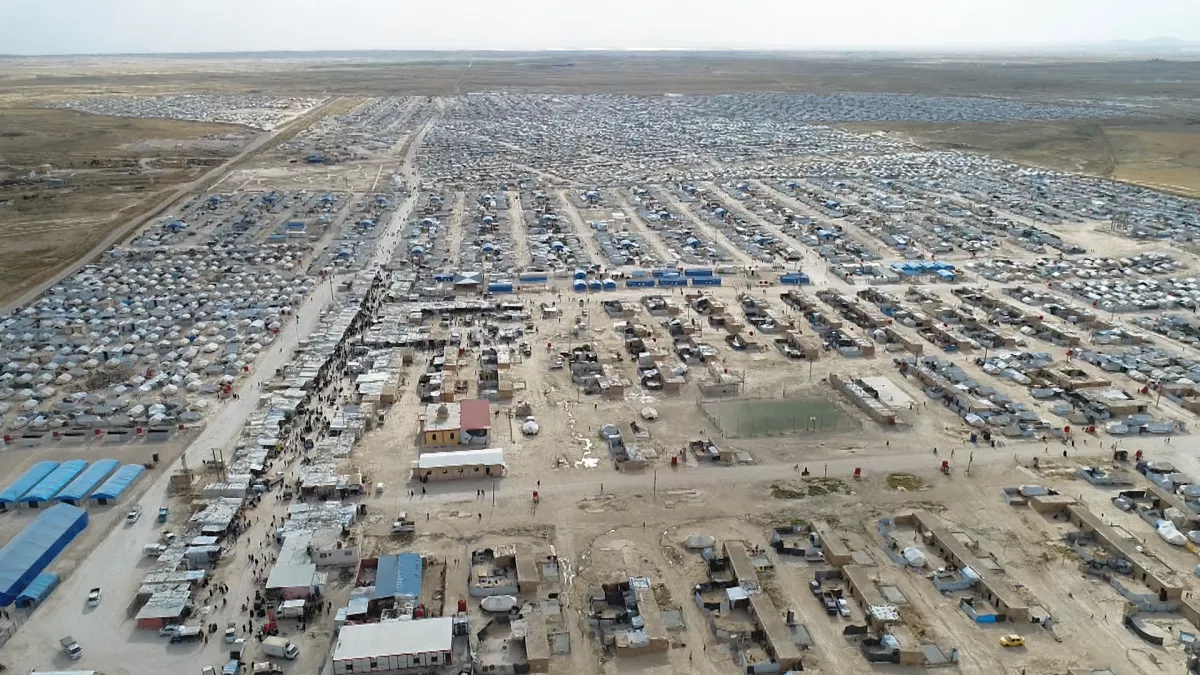USA out, Europe in: Iraq's delicate task of shifting security alliances
For years, Washington has sent conflicting messages regarding its military presence in Iraq, alternating between withdrawal plans and maintaining its forces. As tensions with Washington persist, Iraq has responded by negotiating independent defense agreements to systematically dismantle the former coalition and redefine its security partnerships. Its broader strategy is clear: replacing the outdated international coalition, headed by Washington, with direct bilateral agreements to regain sovereignty. However, the key question remains: What concessions will Baghdad make to secure Washington’s final withdrawal?
This inconsistency dates back to 2020, following the high-profile US assassination in Baghdad's airport of Iranian General Qassem Soleimani and Abu Mahdi al-Muhandis, an article by The Cradle recalls. Former was the Iraqi leader of the Popular Mobilization Forces (PMF), an Iran-backed paramilitary group. The eliminations started a new chapter of frigid tensions in the region, which consequences are still playing out today.
At the time, a message was leaked from a US general which hinted at plans being underway to prepare troops to leave following the Iraqi Parliament’s 2020 vote calling for their removal. It was dismissed by US officials as an unsigned draft meant to gauge Iraqi reactions, with US General Mark Milley describing it as “poorly worded." However, Baghdad insisted on the message's accuracy that aptly sums up many of the contradictory public and secret statements made between Washington and Baghdad.
While Iraq’s parliamentary resolutions calling for a US withdrawal have remained largely symbolic, Baghdad seems to have taken a new approach which focuses on shifting military cooperation from the broader anti-ISIS coalition, which makes it depend greatly on the US, to bilateral partnerships with individual countries.
In response, the Iraqi government has adjusted to evolving regional dynamics, ranging from a post-Assad Syria to Iran being growingly overextended in multiple conflicts through their proxies.
Iraqi Prime Minister Sudani alluded to an increasing British presence in the country during his visit to London in January 2025. He informed the press that “a joint statement on security cooperation between Iraq and the UK had been signed” – marking a key step in the broader transition away from the international coalition. While details on the UK's involvement in Iraq have not been published, sources told the publication that their commitment is estimated at £12.3 billion ($15 billion), which also envisions the return of British oil companies to the oil-rich city of Kirkuk in the North.

France has also managed to secure contracts with Baghdad, in particular for long-range radar systems, biometric security infrastructure, helicopters from Airbus, and a $27 billion energy deal through French energy titan TotalEnergies.
Washington is not oblivious to Iraq’s policies that take the country towards growing autonomy and has therefore adopted a middle-ground approach. According to the article, it encouraged Iraq to work with one of the US' closest allies - South Korea and Baghdad acquired $2.78 billion worth of the Cheongung-II missile system and a $93.7 million contract for Korean helicopters.
Once considered a military necessity, the anti-ISIS coalition has become a costly and complex undertaking for all involved. Experts estimate that from 2014 to 2020, total military spending by coalition members exceeded $100 billion.
As the leading force in the coalition, the US alone spent an estimated $30–35 billion during that period on airstrikes, logistics, and equipping local forces. Other nations also carried significant financial burdens—France allocated roughly €1.1 billion annually to operations in Iraq and Syria between 2015 and 2018, while the UK spent around £2.5 billion from 2014 to 2018.
With these high costs and the reelection of US President Donald Trump, who prioritizes ending America's prolonged military engagements and shifting financial responsibility to allies, Washington has begun reducing its coalition commitments.

US forces in Iraq are redeploying assets to Syria, particularly in areas controlled by the SDF. The article characterizes this decision to be driven by multiple strategic factors: to counter the ever-growing Turkish influence, managing the remaining ISIS detainees, and overseeing operations at the infamous Al Hol refugee camp.
Due to the incredibly severe living conditions, it is often described as a prison or detention facility. Set up in Syria, it houses around 40,000 people which includes Syrian IDPs, Iraqi refugees, and nationals from over 60 countries. Iraqis form the largest group, and the population is predominantly young, with 62% under 18. Many residents wish to leave due to poor living conditions and security concerns.
In May 2024, Iraq and the UN agreed to repatriate all Iraqis from Al Hol by 2027, and Iraq’s National Security Advisor urged other nations to do the same. Iraq’s efforts set an example for the international community in addressing displacement.

However, repatriating all residents is complex, given Al Hol’s history and security concerns. Many inhabitants are suspected of IS affiliations, resulting in significant stigma for them and their families.
All eyes are now on Baghdad, waiting to see how it will negotiate with US President Trump. Citing unnamed governmental sources, the article suggests that Iraq will seek alternative avenues to secure US cooperation in finalizing the coalition’s withdrawal.
By Nazrin Sadigova








